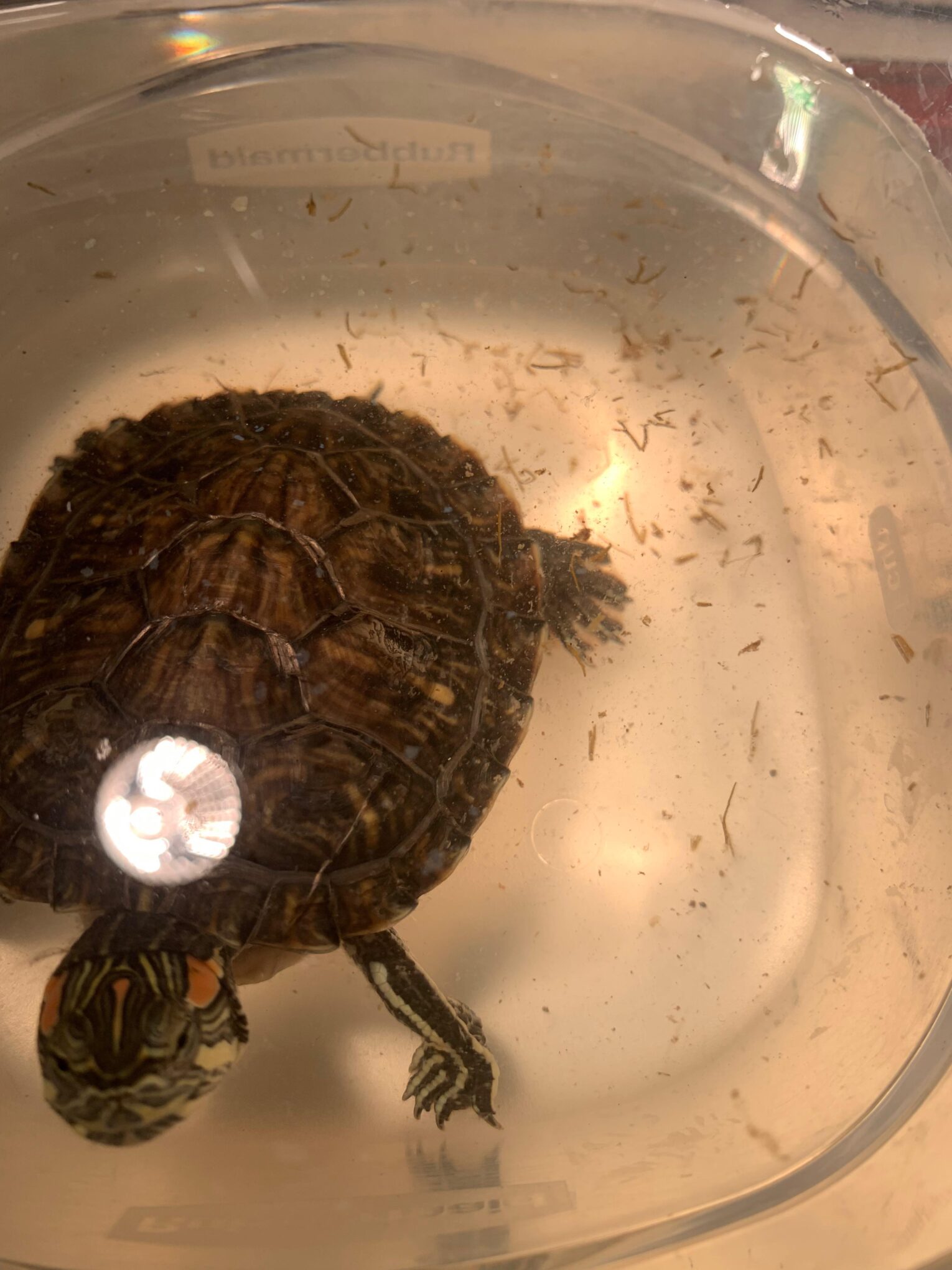
Introduction
The question of long-term storage of tortoise poo water for gardening was recently raised by an active forum member, leoturt. They wondered if it would be safe to store this unique form of “fertilizer” outside for up to six months and use it later for nourishing plants and shrubs. Interestingly, leoturt has noticed that using tortoise poo water seems to make their plants appear healthier and more vibrant, a testament that many pet owners might find intriguing.
However, as fascinating as this practice might be, it also raises important questions about safety—specifically concerning the risk of bacterial growth and the presence of pathogens in stored water. While the idea of recycling and reusing pet waste in such a manner could be seen as an environmentally friendly solution, it is crucial to balance these benefits against any potential health risks. Fertilizing your garden is generally a good practice, but when the fertilizer in question comes from an animal, you have to consider that it may also carry bacteria or parasites.
Therefore, this blog aims to delve into the intricacies of using tortoise poo water for gardening, from its benefits to potential drawbacks. We’ll look into the conditions that might make this practice safe or risky and offer alternative solutions for waste management. The goal is to provide a comprehensive view, helping pet owners make informed decisions that are both beneficial for their gardens and safe for all.
Benefits and Drawbacks of Using Tortoise Poo Water
The concept of recycling waste products for beneficial use isn’t new, but when it comes to tortoise “poo water,” the idea takes an intriguing turn. Some pet owners, like leoturt, have reported that using the water containing tortoise feces as a liquid fertilizer has had positive effects on their plants. The nutrient-rich waste, rich in organic material and minerals, could provide plants with essential nutrients for growth, much like other types of animal manure used in agriculture.
Moreover, using poo water for gardening has an added environmental benefit: waste reduction. Instead of flushing the waste down the drain or throwing it in the trash, repurposing it as a plant fertilizer contributes to a more sustainable lifestyle. It’s a small but meaningful step towards reducing one’s environmental footprint and making the most out of resources that would otherwise go to waste.
However, while the practice might seem eco-friendly and resourceful, it’s essential to consider the potential risks involved. Using tortoise poo water could introduce bacteria, pathogens, or even parasites into your garden. These microbes might not only affect plant health but could also pose risks to humans and other animals that come into contact with the treated plants or soil. Additionally, the risk of spreading diseases common among tortoises becomes a concern. Therefore, if you’re considering adopting this practice, it’s crucial to consult with experts on both tortoise health and plant care to ensure that you’re not unintentionally causing harm. It’s also advisable to thoroughly sterilize the waste water to mitigate risks, although doing so might also diminish some of its fertilizing benefits.
Understanding Bacterial Growth in Stored Water
Storing water, especially one containing organic matter like tortoise feces, requires a keen understanding of the conditions that foster bacterial growth. Environmental factors such as warm temperatures and lack of sunlight are conducive to microbial proliferation. Bacteria thrive in moist, warm environments, and the absence of sunlight can eliminate the natural germicidal effects of UV rays. These factors combined make poorly stored water a potential breeding ground for harmful bacteria.
The time factor is another critical element to consider when storing such water. While I can’t reference real-time scientific studies, it’s generally accepted that bacterial colonies can double in number within hours under favorable conditions. Therefore, it may not be safe to store such water for extended periods, say, more than a day or two, without treatment to inhibit bacterial growth. If you must store it, using food-grade storage tanks or containers with tightly sealed lids can minimize risks. Additionally, storing the water in a cool, dark place and possibly adding water purifiers could further inhibit bacterial growth.
Alternative Solutions for Tortoise Waste
If you find that using tortoise poo water for plants comes with too many concerns, composting the solid waste is a feasible alternative. Many pet owners and experts recommend composting as a safe and effective method of recycling tortoise waste. The composting process naturally breaks down organic matter and kills off many pathogens, rendering it safer for use in gardens. Alternatively, other environmentally friendly methods of waste disposal could involve anaerobic digestion or specialized waste treatment systems designed for pet waste.
Finally, it’s crucial to consider any legal or ethical implications concerning the disposal or use of pet waste. Some local or state regulations may prohibit the use of animal waste in gardening due to health concerns. Ethically, one should consider the impact on local ecosystems and the potential for cross-contamination or disease spread. Before proceeding with any waste recycling or disposal methods, it’s advisable to consult local regulations and seek expert opinions to ensure you’re acting responsibly and safely
